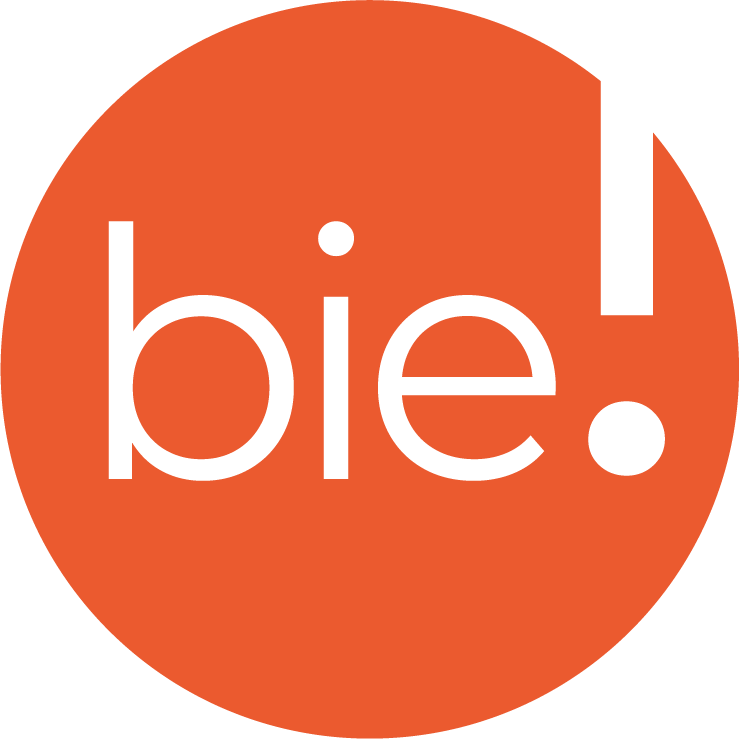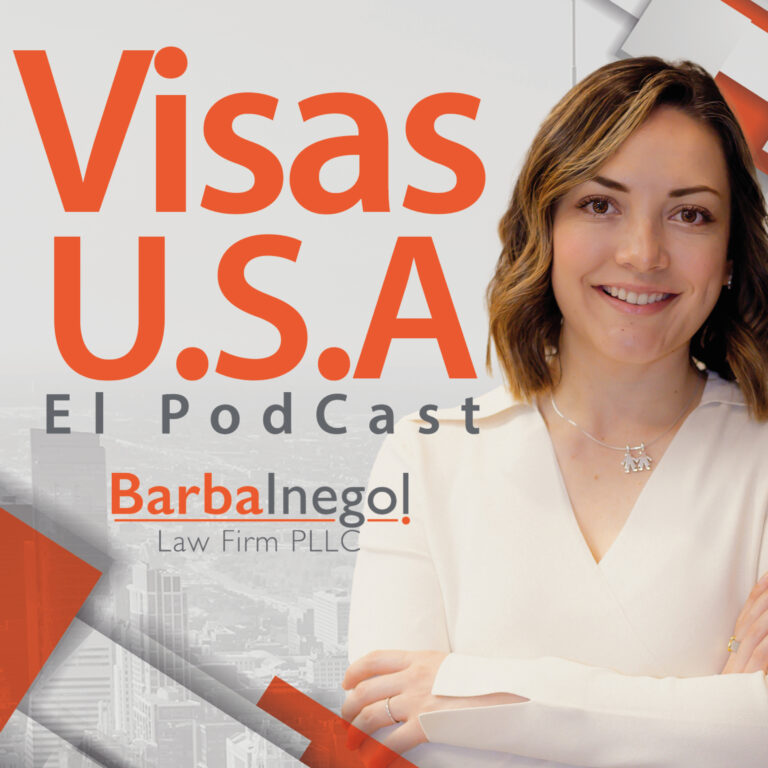
How can we help?
Find everything you need in our education center to choose the type of Visa that best suits you.


Find everything you need in our education center to choose the type of Visa that best suits you.
E1 Visa (Treaty Trader Visa): This visa is designed for citizens of countries with which the United States has specific trade treaties. It’s applicable to individuals who wish to work in the U.S. to conduct significant trade between the U.S. and the treaty country. To qualify, the applicant must be a citizen of a treaty country, the trading firm must have the nationality of the treaty country, and more than 50% of the trade must be between the U.S. and that country. Additionally, the applicant must hold an executive or supervisory role.
E2 Visa (Treaty Investor Visa): The E2 visa is targeted at citizens of countries with which the U.S. has trade and navigation treaties. It’s for those planning to enter the United States to direct the operations of a business in which they have invested a substantial amount of capital. This visa is particularly suitable for investors wishing to play an active role in managing their investment in the United States.
The TN visa, under the North American Free Trade Agreement (NAFTA), is a specific option for citizens of Mexico and Canada seeking to work in the United States.
Eligibility: This visa is available to Mexican and Canadian citizens who are qualified professionals, such as lawyers, engineers, scientists, or educators. It’s important for the applicant to have a job already arranged with a U.S. company.
Features of the TN Visa: One of the unique advantages of the TN visa is that it doesn’t require employer sponsorship. Additionally, this visa allows living and working in the U.S. for up to three years, with renewal options that can be repeated indefinitely.
Application Process: Although the process is simpler compared to other work visas, it’s important to meet all requirements and submit the appropriate documentation.
Investment visas in the United States offer foreign nationals the opportunity to live in the country through significant investments. These visas are mainly divided into two categories: E1 (Treaty Trader Visa) and E2 (Treaty Investor Visa).
E1 Visa (Treaty Trader Visa): This visa is designed for citizens of countries with which the United States has specific trade treaties. It’s applicable to individuals who wish to work in the U.S. to conduct significant trade between the U.S. and the treaty country. To qualify, the applicant must be a citizen of a treaty country, the trading firm must have the nationality of the treaty country, and more than 50% of the trade must be between the U.S. and that country. Additionally, the applicant must hold an executive or supervisory role.
E2 Visa (Treaty Investor Visa): The E2 visa is targeted at citizens of countries with which the U.S. has trade and navigation treaties. It’s for those planning to enter the United States to direct the operations of a business in which they have invested a substantial amount of capital. This visa is particularly suitable for investors wishing to play an active role in managing their investment in the United States.
Both visas have key differences in terms of eligibility and purpose. The E1 visa is more focused on international trade, while the E2 facilitates the entry of investors into the U.S. market. The choice between an E1 and E2 visa will depend on the applicant’s role and intentions.
Application Process: For both visas, the Form I-129 must be completed, the corresponding fee paid, and the necessary documentation that supports the application provided.
In order to avoid being deported, it is important that you file for citizenship correctly. To start, you must meet several requirements. You have to be 18 or older, be a green card holder for at least five years, show continuous residence for five years at the time of your application and prove you have been physically present for three years. Furthermore, you have to be a person of good character; read, write and speak English; pass a U.S. history test; respect the U.S. Constitution and swear an oath of allegiance to the United States.
Las visas familiares en los Estados Unidos permiten a los ciudadanos y residentes permanentes legales patrocinar a miembros de su familia para la inmigración. Este proceso es una vía fundamental para la reunificación familiar y varía según la relación familiar.
Family visas in the United States allow citizens and legal permanent residents to sponsor family members for immigration. This process is a fundamental pathway for family reunification and varies depending on the family relationship.
Sponsorship: A U.S. citizen can sponsor their spouse, children, or parents, while a permanent resident can do so for their spouse or children. The U.S. government prioritizes certain family relationships, especially immediate relatives of U.S. citizens.
Types of Family Visas: There are different categories of family visas, including green cards for spouses, children, and other close relatives. The process can be complex and requires meeting various requirements, such as the age and marital status of the sponsored individuals.
Application Process: The process involves filing petitions, meeting specific requirements, and possibly adjusting status or consular processing. The closeness of the family relationship significantly influences the chances of obtaining a family visa.
Regardless of your immigration matter, you can always check on your case status online through U.S. Citizenship and Immigration Services. Fernanda can better help you understand where you are in the process and what your status means.
Depending on your situation, it can take anywhere from seven months to 33 months to complete the immigration process. As previously mentioned, Fernanda prioritizes communication and efficiency. Having a lawyer who can make sure the necessary forms are filled out properly is essential.
It is important to know that employers must complete section 2 of the I-9 form within three days of the date of hire. Once the form has been sent, it usually takes U.S. Citizenship and Immigration Services one business day to complete the process. Fernanda can make sure the information is properly filled out and sent off within the appropriate timeframe.

Conoce con Fernanda Inegol de Barba-Inegol Law Firm todos los secretos de las visas para migrantes y no migrantes a los EEUU
¿Qué ocurre si te quedas más tiempo con la visa de turismo?, ¿Qué tipos de visa me pueden llevar a obtener una Green Card?
Todos los caminos migratorios son diferentes, escuchemos a Andres Toro, actor colombiano, acerca de como fue este recorrido para pasar de una visa de turismo a su Green Card.
